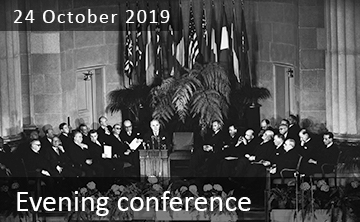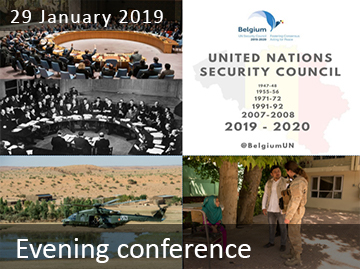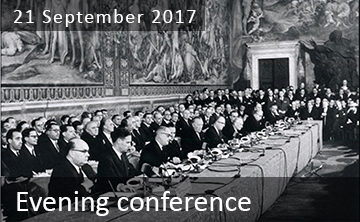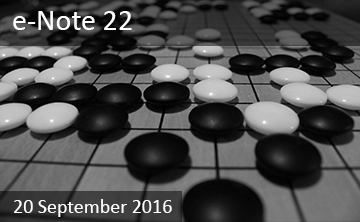
Hobbes, for whom man is a wolf to man if we compare states amongst themselves, is considered the reference of realism in International Relations. However, on closer inspection, Hobbes is also, and perhaps above all, an idealist. Indeed, he demonstrates that man is a god for man if we compare citizens amongst themselves, the latter having succeeded in instituting a Leviathan in order to ensure the peace and security of the people.
The creation in the 20th century of the United Nations Organisation, a universal institution bringing together the states of the world to ensure international peace and security, raises questions about the persistence of the realistic point of view in International Relations and Hobbes’ reduction to realism. This study, by proposing a rereading of Hobbes and an analysis of the United Nations in the light of Hobbesian philosophy, provides an opportunity to apprehend the progress made by states in the implementation of an international legal order, but also to identify the deficiencies of this system.
(Only available in French)
Research line: Security and defence architecture
Related publications and events:
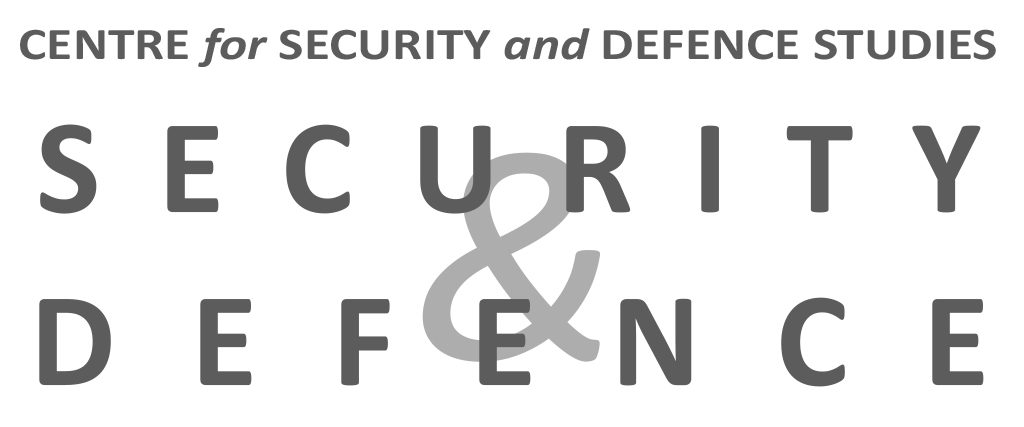
Focus Paper 41
Le Léviathan et les Nations Unies
De la nature guerrière à l’art de la paix
Catheline REMY
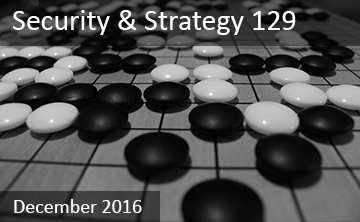
La gestion internationale des conflits africains: Prévenir, Protéger et Projeter
Myrto HATZIGEORGOPOULOS
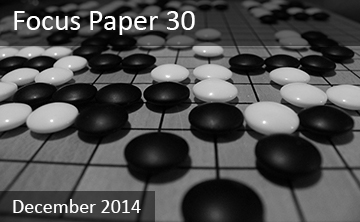
International Responses to the Risk of Genocide: A Comparative Analysis of Rwanda and South Sudan
Myrto HATZIGEORGOPOULOS

